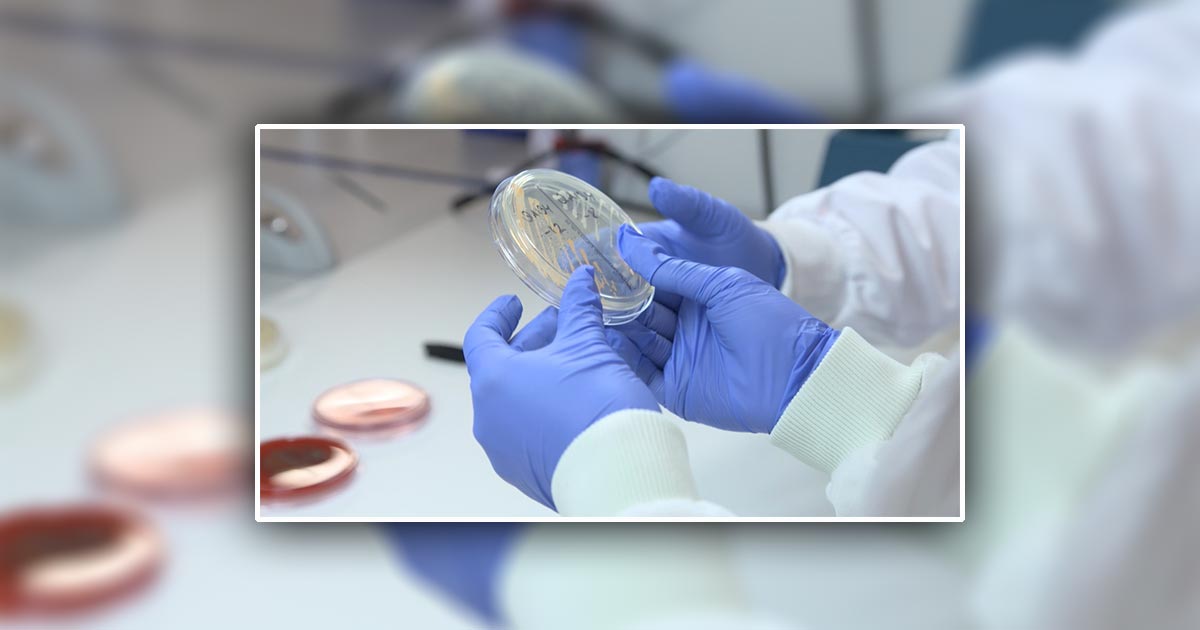Scientists have revealed the world’s first non-leaching antimicrobial medical gloves at a European launch in London.
The gloves have built-in antimicrobial technology proven to prevent the spread of infection and have been developed with help from a renowned University of Nottingham microbiologist.
Independent testing
In independent testing, the gloves achieved up to a 99.9% kill within five minutes of contact. Part of the testing was carried out in the Advanced Microscopy Unit at the University of Nottingham’s Centre for Biomolecular Science.
Richard James, emeritus professor, has been working for several years on the project with medical glove makers Hartalega Malaysia and antimicrobial research and development company Chemical Intelligence UK.
The product is eventually expected to sell in billions as health care organisations strive to fight infection and combat antimicrobial resistance.
New active ingredient

The gloves are the first to contain a new active microorganism-killing molecule designed to prevent the spread of bacteria to and from surfaces and people.
As the technology is built into the material, the gloves don’t need surface applications of further solutions or chemicals.
Prof James said: “These gloves will be a game changer for the health care industry, both public and private.
“I am delighted my lifetime’s research into bacteria and antibiotic resistance has directly informed the science behind a practical tool that will have a major impact on medical care in the future.”
Cross-contamination costs
Kuan Mun Leong, managing director of Hartalega Holdings Berhad, said: “In the EU alone, cross-contamination in hospitals results in 37,000 deaths a year at an additional cost of €7 billion (£6.1 billion).
“By renovating a medical device that has not been remodelled in more than 30 years, our innovation is set to make waves in the health care industry and save lives across the globe.”
The product has been in the research and development phase for more than six years, with millions of dollars of funding already being channelled into it and various stages of testing completed.
The gloves will be available in hospitals around the world because the manufacturing partnership will make sure the product is being produced at a low cost to prevent barriers to access.

Leave a Reply